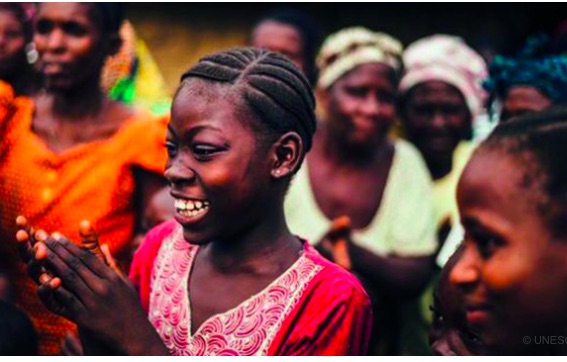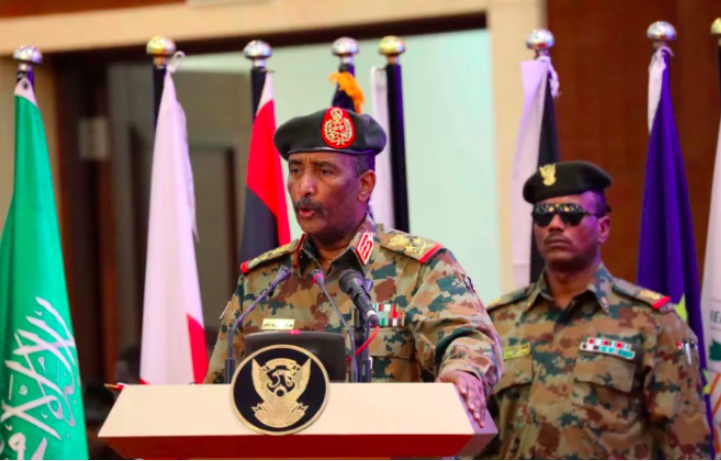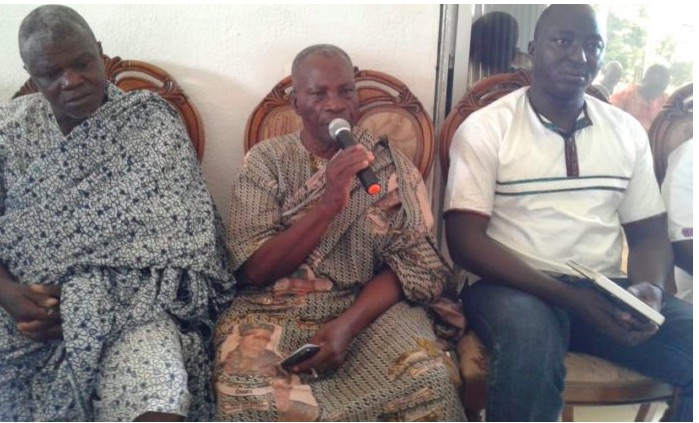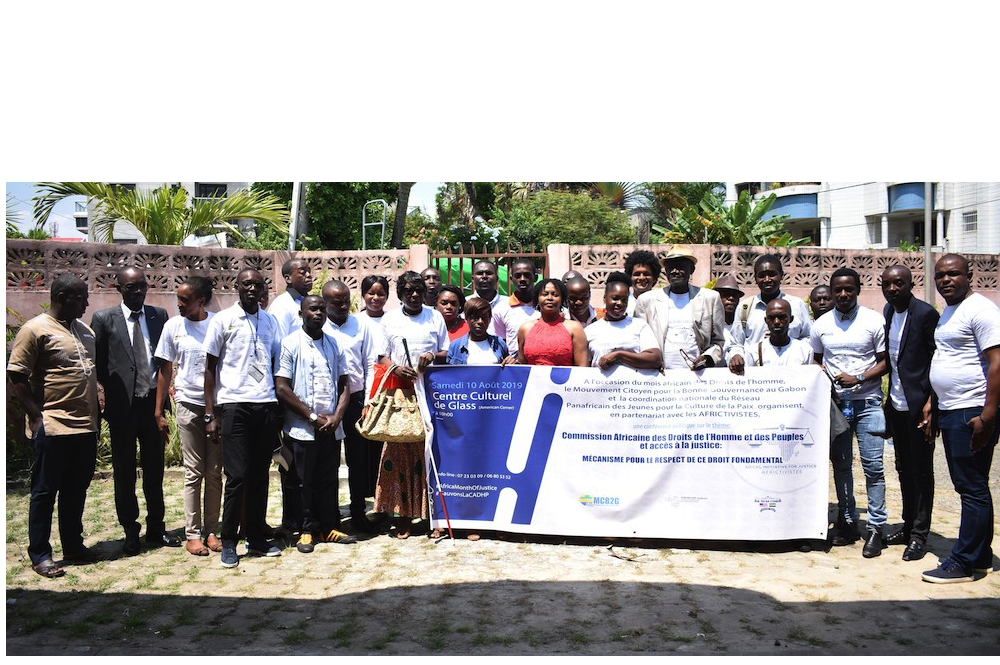.. DEMOCRATIC PARTICIPATION ..
An article from Independent Online
Cape Town – Mother-of-five Georgina Fabrick, a community activist, lives in a very violent area in Bonteheuwel close to a drug den. Against all odds, she remains committed to presenting her sons with the best possible opportunities to rise above the gang violence and horrifying murder statistics devastating communities on the Cape Flats.
Having listened to a former Ugandan child soldier, Benson Lugwar, 24, recount how he has turned his life around after being forced to maim, murder and pillage, Fabrick has renewed hope.
This was at Wednesday’s launch of the Whitaker Peace and Development Initiative’s (WPDI) Youth Peacemaker Network project on the Cape Flats.
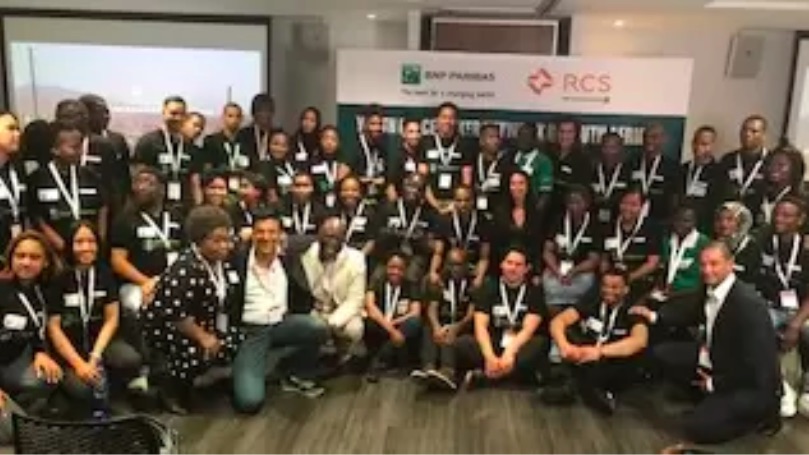
The 45 youths taking part in a five-year private-public partnership to promote peace and sustainable development on the Cape Flats. Photo: Louis Neethling
The 49-year-old Fabrick, who is acting as a consultant and assisted in the interview process to select 45 local mentors from across the Cape Flats – referred to as a “trainer of trainees”, who will receive training for a year – said: “What I heard today has most definitely given me hope for the Cape Flats.
“I was sceptical at first but I can see that in a very short space of time, they have achieved something.
“I’ve had enough of local NPOs and other organisations coming into our communities, getting the funding and making no difference at all, and within two months they are gone.”
The WPDI is the brainchild of Unesco special envoy for peace Forest Whitaker, an iconic Hollywood actor and director who has been inspired by the legacy of Nelson Mandela and Archbishop Emeritus Desmond Tutu.
The Cape Flats programme is a five-year private-public partnership with global bank BNP Paribas and consumer finance business RCS.
It promotes peace and sustainable development on the Cape Flats by training young men and women to fulfil the roles of peacemakers and entrepreneurs in their communities.
Since its establishment in 2012, the WPDI has partnered with young community leaders from the southern region of South Sudan, Tijuana in Mexico, Northern Uganda and parts of the US, positively impacting more than 300 000 people living in some of the most violent communities in the world.
With such high levels of unemployment, becoming a gangster is the choice many youths make either out of fear, for economic reasons or to boost their social status.
(Article continued in right column)
Questions for this article:
How important is community development for a culture of peace?
(Article continued from left column)
“At the moment the gangsters are the role models and we need to change that mindset. If we are going to change anything about the communities, we need to change the mindset,” said single mother Fabrick.
“My belief is that if you take something away, replace it with something. If you take the gangsters away, replace it with something positive. Tell them there are other options out there.
“Maybe it’s time for someone looking in from the outside like WPDI to come in and do something. I was amazed recently to find out how many organisations are out there actively receiving funding in Bonteheuwel, yet our community is still suffering.”
Lugwar, 24, who runs his own micro-lending business, is a WPDI trainer of trainees and still studying, said: “I was forcefully abducted in 2002 by the Lord Resistant Army in Uganda on my way to school when I was eight years old. I stayed in the bush for three years.
“I used to live in violence which is worse than what people are experiencing in Cape Town. I was caned and threatened with death if I didn’t kill, burn houses, cut off people’s ears and noses, beat and rob people.”
When he returned home on escaping, he discovered all his relatives and his father were killed, moving in with his mother after he had undergone trauma counselling. In 2017, his life took a significant turn for the better when he joined the WPDI.
“I learned so many things about conflict resolution, life and business skills, information and communications technology. It brought a lot of change and I started reprogramming how I saw things.
“After that one-year internship training, I became more empathetic towards people and their situations. Seventy-five percent of the people in my community have been affected by war, but WPDI has helped bring young women and men together to bring about change in our environment.
“What is needed is the collective responsibility of all community leaders and organisations to bring about peace.
“Training in life and business skills help give the youth focus because they might be committing crime because they have no money and are trying to survive.
“When we fix the mind, create awareness and show them how to be creative to generate an income, that’s when things can change.”
The WDI believes it can help incentivise the youth of Cape Town, who have the “potential to become active vectors of positive transformation”.
This will be done, among others, by instilling a culture of peace through community dialogues as well as courses in conflict resolution in schools on the Cape Flats. The trainers of trainees will educate 350 people from communities across the Cape Flats to become social development ambassadors.
The WPDI will provide their trainers with resources to develop educational projects and small businesses, building resilience and increased opportunities.
Their Community Learning Centre in Athlone will provide a hub where the youth and residents can attend courses and use computers.
The WPDI is set on empowering the youth on the Cape Flats and emboldening them with the courage to believe their destiny isn’t fixed – it’s in their own hands.

